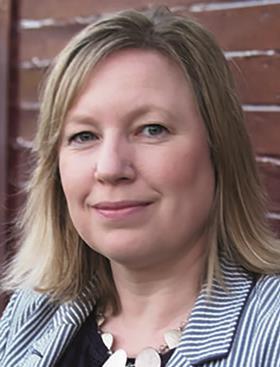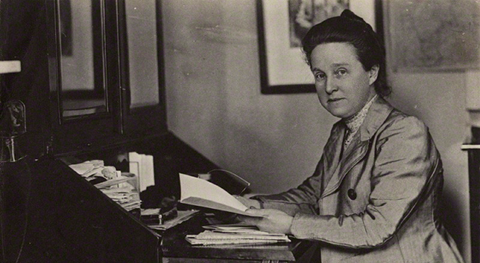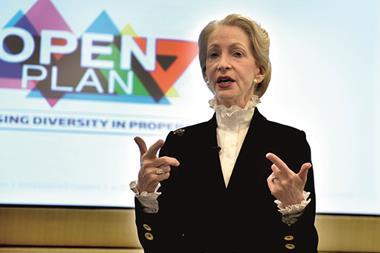Earlier this month, the government announced it would fund the first statue of a female to sit in Parliament Square. The suffragist Dame Millicent Fawcett will stand alongside 11 men already being honoured outside the Houses of Parliament.

She’s not the only one. Across the city in Clerkenwell, another group is busy raising funds for a statue for Sylvia Pankhurst, the political and social activist, while others are doing the same for her mother Emmeline in Manchester.
This renewed push to provide more visual representation of history’s most important women may seem at a tangent to property’s gender diversity issue but there is actually one important connection: visibility matters.
It is important that women are literally seen to have a place in history. The more we see them, the more we grow aware of their achievements and the quicker that stereotypes about what women can and cannot do dissolve.

If I translate that focus on visibility to this business, it brings me to our industry events. We estimate that female professionals made up 14% of speakers at European industry events in 2016.
That’s 230 speaking opportunities out of 1,660. Basically, we are not yet seeing enough women in the main public showcases of our industry and this is perpetuating under-representation as well as the stereotyping of women’s roles.
Visibility can create better opportunities and career progression
The benefits of higher profiles for more women are not just at an industry level. Individually, visibility can bring about better business opportunities and career progression. Recently, a fund manager told me that he had asked a recruiter why his perfect candidate for a senior role - a female - was not on any early shortlists. She just had a lower profile in the industry, they replied.
Women Talk Real Estate is focused on the issue of how visibility matters. We have put together a database of female professionals from across the European real estate industry, which will be accessible to event organisers and the media looking to source speakers and interviewees.
Individual and industry benefits
Broadening the universe of potential female speakers will hopefully bring a better variety of voices and expertise to the debate and lighten the burden on organisers to identify suitable candidates for all types of events. Rightly, these companies are under pressure from the wider industry to present more balance on stage.
But we hope this focus on visibility will also encourage more women to see that building a profile is an important part of their career. We think they will then feel the benefits individually and contribute to progress in the industry as a whole.
Finally, it is not lost on me that all those women in line for statues were activists. Women Talk Real Estate is about action. This is a practical solution and we’ve structured it as a non-profit sponsored by companies because we believe that as a business we can intervene positively to accelerate the representation of women in our industry.

We do not feel a need to be prescriptive about the proportion of women on stage for each event - the expertise of the women in the database will speak for itself - but we do believe intervention can help.
A view I regularly hear is that representation will be solved in the years to come as we see more women entering the industry. The question is: how long will it take or, more importantly, how long do we want it to take?
I believe that until the industry, and the women themselves, make our public showcases a more natural arena for female voices, the problem will persist unnecessarily. The stage should represent the industry we want in the future, not the one we have now.






























No comments yet